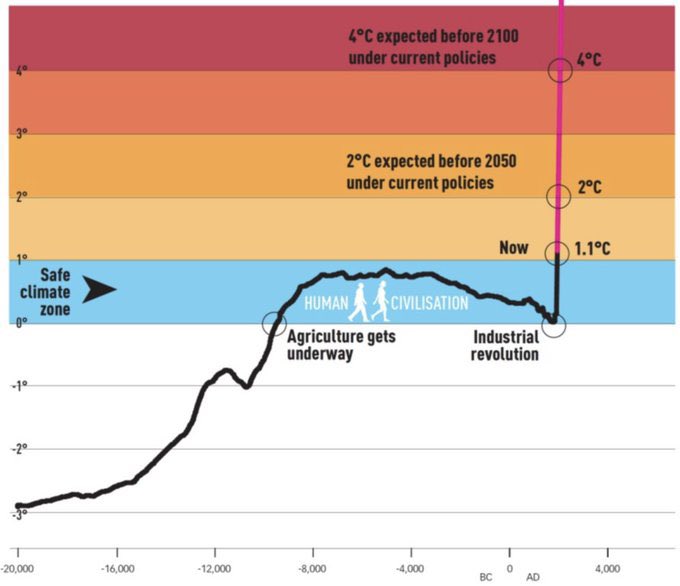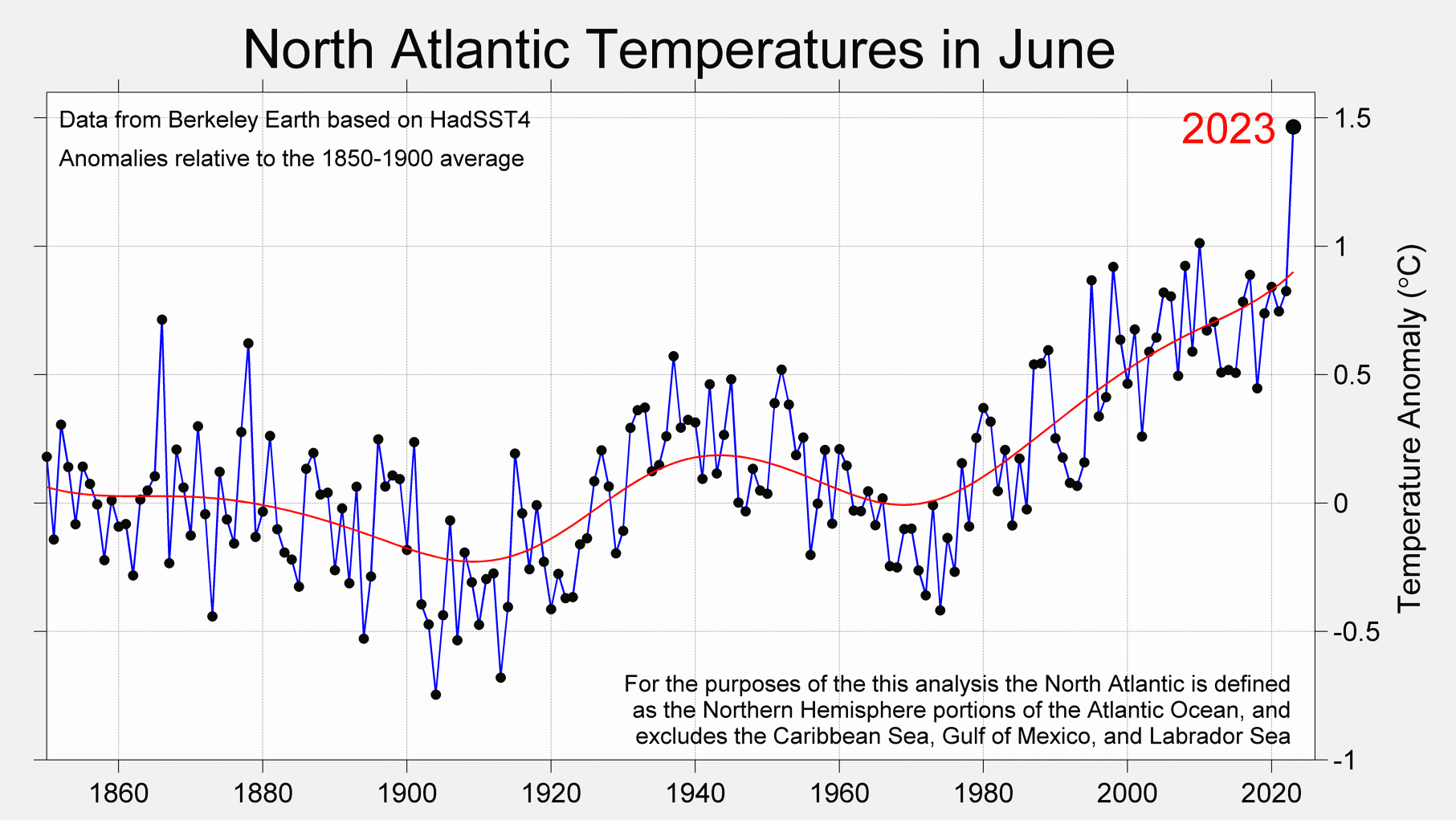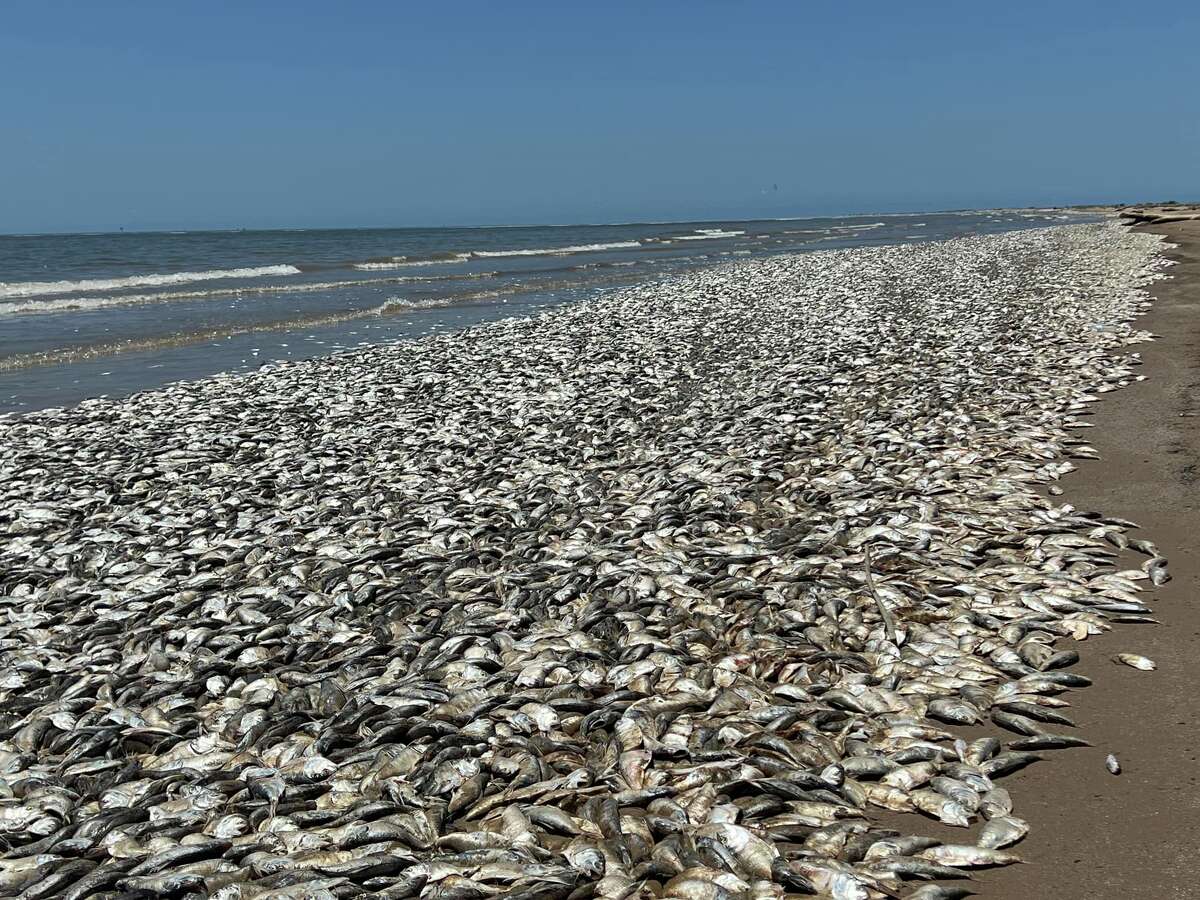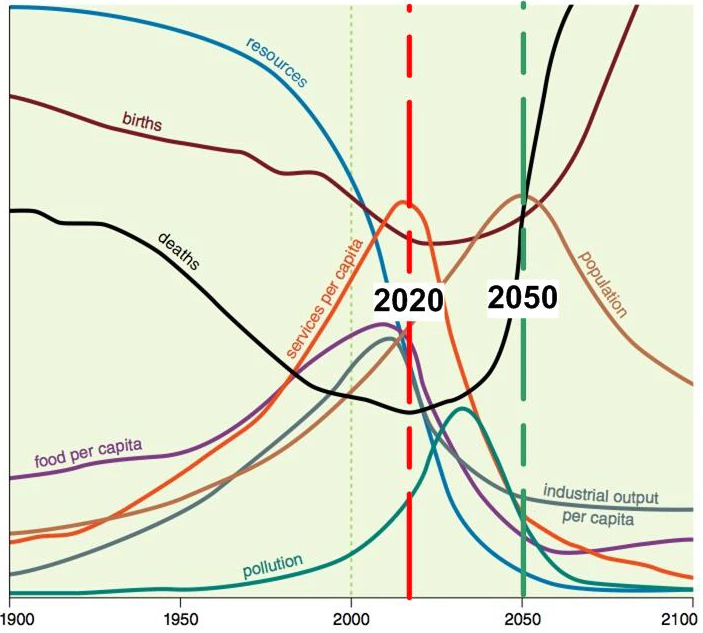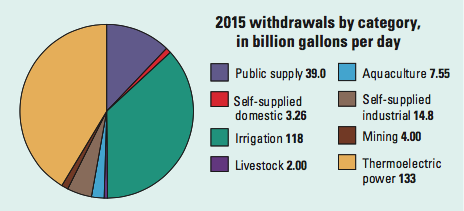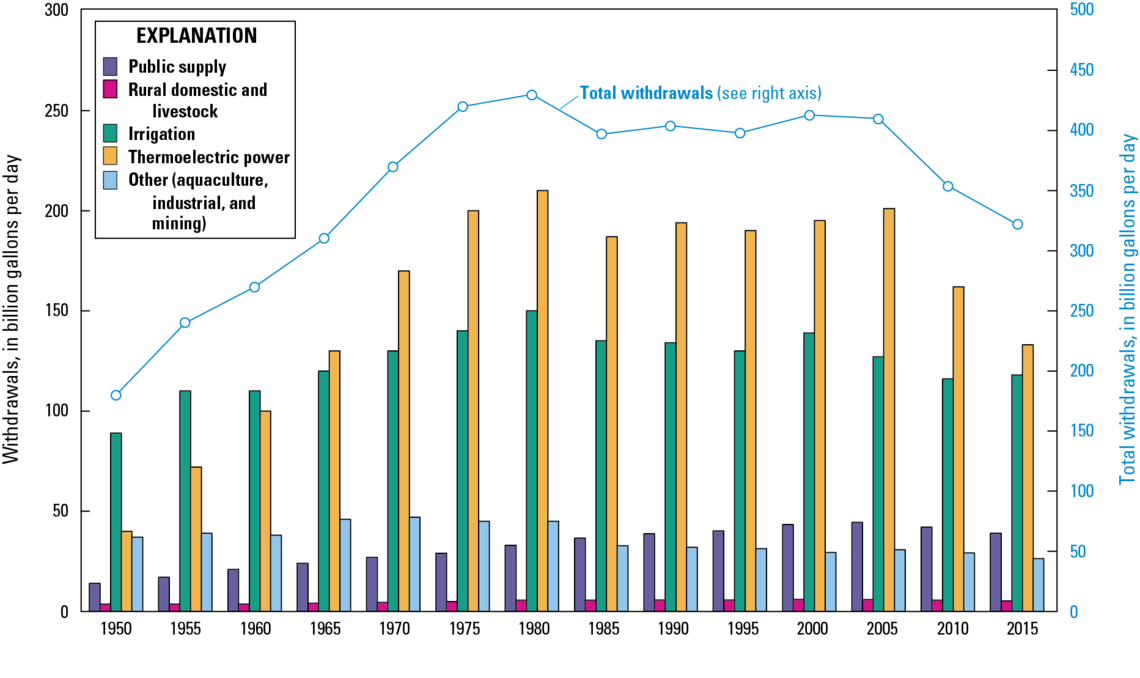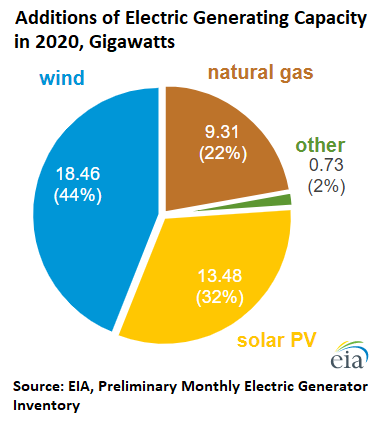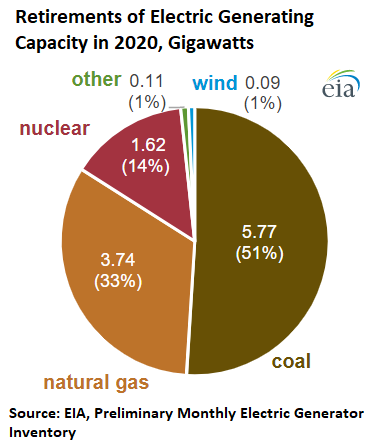As regular readers know my judgment is that we are now into civilization collapse. It’s slow right now, and it will be stop and start, but it will continue and pick up speed over time.
That means that you should be preparing for collapse to get worse, including climate change and ecological collapse.
Civilizations rise and fall, that’s normal, and ecological collapse commonly happens at the same time, but what’s unusual right now is that we have a world system which is global, and thus is collapsing all at once, and we have a global ecological collapse.
So it’s going to be bad. Very bad.
Still, there are things to be done.
The most important thing is to make and sustain social ties. The people who do best in collapses are those whom other people like and need. Join a church if you can stomach it (and there are churches which come with little theological baggage, for atheists.) Make friends with your neighbours and join groups. Be liked.
If you have family you can stand or good friends, consider communal living. An extended household will often do better than a person alone or a nuclear family, being both cheaper and having more ability to take care of itself and its members.
Get some skills: basic maintainence abilities will be worth a lot: electrical, plumbing, minor repairs, etc…
Figure out a way to grow some of your own food, or set up a relationship with local farmers, ideally one that is a trade of your abilities for their food. Back in the Great Depression one friend’s father was a lawyer, and he did the legal work for a lot of farms and they kept him fed.
Gardens are so-so. Climate change is going to make outdoor gardening very uncertain. If you can, create something with climate control, ideally a green house and figure out a way to keep it cooled when necessary. You can do this in your house too, by replacing some walls and part of the roof with a transparent material, ideally with some form of shutters. If you have a flat roof, and it’s load bearing, you can put your green house up there.
Do something about water. Lack of water will kill you faster than anything but temperature and lack of oxygen. Some sort of storage system and ability to gather rain water is one possibility. If you’re somewhere humid, dehumidifiers of the right type can produce enough water for drinking. Get some sort of purification system, something simple.
Power is going to be an issue. Solar panels have a limited lifespan and so do batteries, but they’re better than nothing. You want to be able to provide power for a couple weeks and/or during brown outs — if power will be out hours every day due to rationing, you need to be able to handle that. Some form of non-panel solar is a good idea: research heat engines and see if you can figure out how to store energy mechanically by raising water or physical objects or some other way.
Temperature control is another obvious issue, and figuring out how to stay cool is important. As heat rises, public power will become less reliable at exactly the times you need it, so the power equation above is important.
If there are local violent authories, whether government (police/military) or non-government (gangs) make sure they like you. Become friends with their leaders if possible. As civilization breaks down, be part of whatever replaces them in certain areas. (Like in Iraq, where various militias and mosques took over.
In general, though, understand that supply chains are going to become more and more unreliable. Get the tech you need as soon as possible, and make it tech that is durable and/or easy to maintain. Buy spare parts and take training so that you can fix your own equipment, which will also make you valuable to your neighbours.
Learn how to make certain simple medicines if you can: basic antibiotics are not hard to make and the same is true of the sulfa drugs. If you can do this, you’re golden, because you’ll be able to help other people and you will be valuable to them.
Medical systems, especially public ones will become more and more unreliable and less and less available to people who aren’t on the inside. Take care of as many medical issues as you can right now. I like to joke that it’s a good thing I got cancer now, because in 10 years I’m not sure I’d have gotten care soon enough. You can’t schedule something like cancer, but you can make sure whatever problems you have now are dealt with.
Taper off drugs you use all the time if that’s possible. For some, like insulin, you’re out of luck (but should look into how to get an alternative supply), but for many other drugs, tapering now rather than being forced to go cold turkey is advisable IF it’s medically appropriate.
Take action as soon as possible. The more money you have, of course, the easier this will be, but if you don’t have money there are still things you can do, like joining local maker clubs, churches and organizations. If you have extra money do use some of your money to prepare: money will become less valuable as time goes by.
We’re on the downward slope now. If you want to survive, or to have a decent life, take whatever steps you can.
This is a donor supported site, so if you value the writing, please DONATE or SUBSCRIBE

